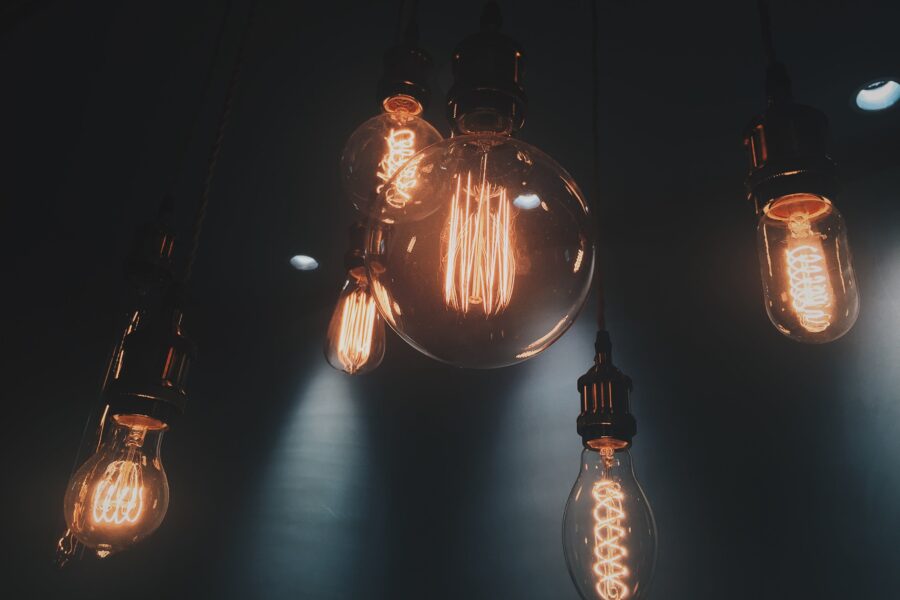
Energy crisis remains a crucial topic ahead of 2024 elections
One of the major reasons the ANC has lost support in recent years is it’s continued failure to restore Eskom and end the energy crisis.

South Africa’s energy crisis is a key election topic heading into the national elections scheduled for 29 May. One reason for the ANC’s drop in support is load shedding and the party’s failure to get Eskom up and running properly.
Hartmut Winkler, a Professor of Physics at the University of Johannesburg, says in the last general elections in 2019, the three parties that received the highest number of votes devoted an average of just 2% (measured in pages) of their election manifestos to electricity.
‘UP TO 10% OF MANIFESTOS DEDICATED TO ENERGY CRISIS’
These were the ANC, Democratic Alliance (DA) and Economic Freedom Fighters (EFF).
“In the current election campaign, the major parties have devoted up to 10% of their manifesto to this topic. They have covered the topics of electricity and incentive mechanisms, potential business or job generation spin-offs, and possible devolution and private investment options,” Winker writes in The Conversation.
He says the country’s energy crisis and power outages were mainly due to excessive breakdowns in the country’s coal power plant fleet, which generates over 80% of South Africa’s electricity, combined with delays in developing new generation capacity.
RADICAL SHIFT TOWARDS COMPETITIVE ENERGY SECTOR – DA
Democratic Alliance (DA) leader John Steenhuisen says the party proposes a radical shift towards a competitive energy sector, breaking up the Eskom monopoly to encourage self-generation and investment in renewable energy sources.
“Load-shedding is the most significant threat to South Africa’s social and economic stability,” he said. Steenhuisen said the solution to South Africa’s electricity crisis must come from increased power generation outside of Eskom.
“South Africa requires a determined shift towards a competitive energy sector where the state does not have a monopoly on power generation, supply, and distribution. A multiplicity of private suppliers will provide competition, thereby improving service, increasing supply, and lowering energy prices,” he said.
EFF PROPOSES CHINA MODEL FOR SUSTAINABLE ECONOMIC GROWTH
On the other hand, the EFF says it will ensure the security of electricity supply for at least the next 20 years, emulating successful models like that of China to build sustainable economic growth.
“The EFF government will invest in repairing the existing fleet of power generation and adopt clean coal technologies to enhance the energy availability factor,” said Julius Malema, the party’s leader.
SUBSIDISE THE POOR AND STABILISE POWER GRID – SAYS IFP
The Inkatha Freedom Party (IFP) says if given a chance to govern, it would stabilise the electricity power grid and subsidise the price of electricity for poor and historically disadvantaged communities.
“Eskom is a national asset which has been mismanaged into a state of severe disrepair. Eskom must be managed through a
public-private partnership,” says the party in its 2024 election manifesto.
